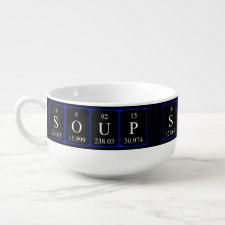
Authors: Othman NA, Yusof NF, Daik R, Mehamod FS
Article Title: Isotherm Studies of Pyrogallol-imprinted Polymers via Precipitation Polymerization.
Publication date: 2017
Journal: International Journal of Technology
Volume: 8
Issue: (1)
Page numbers: 37-47.
Alternative URL: http://www.ijtech.eng.ui.ac.id/index.php/journal/article/view/5017
Abstract: Molecularly imprinted polymers (MIPs) have been the most convenient and selected methods in detection and extraction for many types of specific targets in various fields. MIPs were prepared by mixing template molecule with functional monomer in the presence of cross-linker, solvent and initiator. The selectivity of MIPs is strongly influenced by the types of functional monomer, solvent and polymerization process used. Pyrogallol-imprinted polymer (Py-IP) and non-imprinted polymer (NIP) were synthesized via precipitation polymerization using 4-vinylpyridine (4-VP), divinylbenzene (DVB) and azobisisobutyronitrile (AIBN) as functional monomer, cross-linker and initiator, respectively. Pyrogallol (Py) was used as a target molecule. The synthesized polymers were characterized by Fourier Transform Infrared Spectroscopy (FTIR), Scanning Electron Microscopy (SEM), and UV-Visible Spectroscopy (UV-Vis). In this study, adsorption capacity was measured by the dosage effect, contact time and selectivity study. Results showed that maximum adsorption capacity by Py-IP is above 50%. The Selectivity study shows that k' is > 1, which indicates that Py-IP has a good selectivity towards pyrogallol. Therefore, it has a good potential to be used as an adsorbent
Template and target information: pyrogallol, Py
Author keywords: 4-vinylpyridine, adsorption isotherm, Molecularly-imprinted polymers, Selectivity study



Join the Society for Molecular Imprinting

New items RSS feed
Sign-up for e-mail updates:
Choose between receiving an occasional newsletter or more frequent e-mail alerts.
Click here to go to the sign-up page.
Is your name elemental or peptidic? Enter your name and find out by clicking either of the buttons below!
Other products you may like:
 MIPdatabase
MIPdatabase









